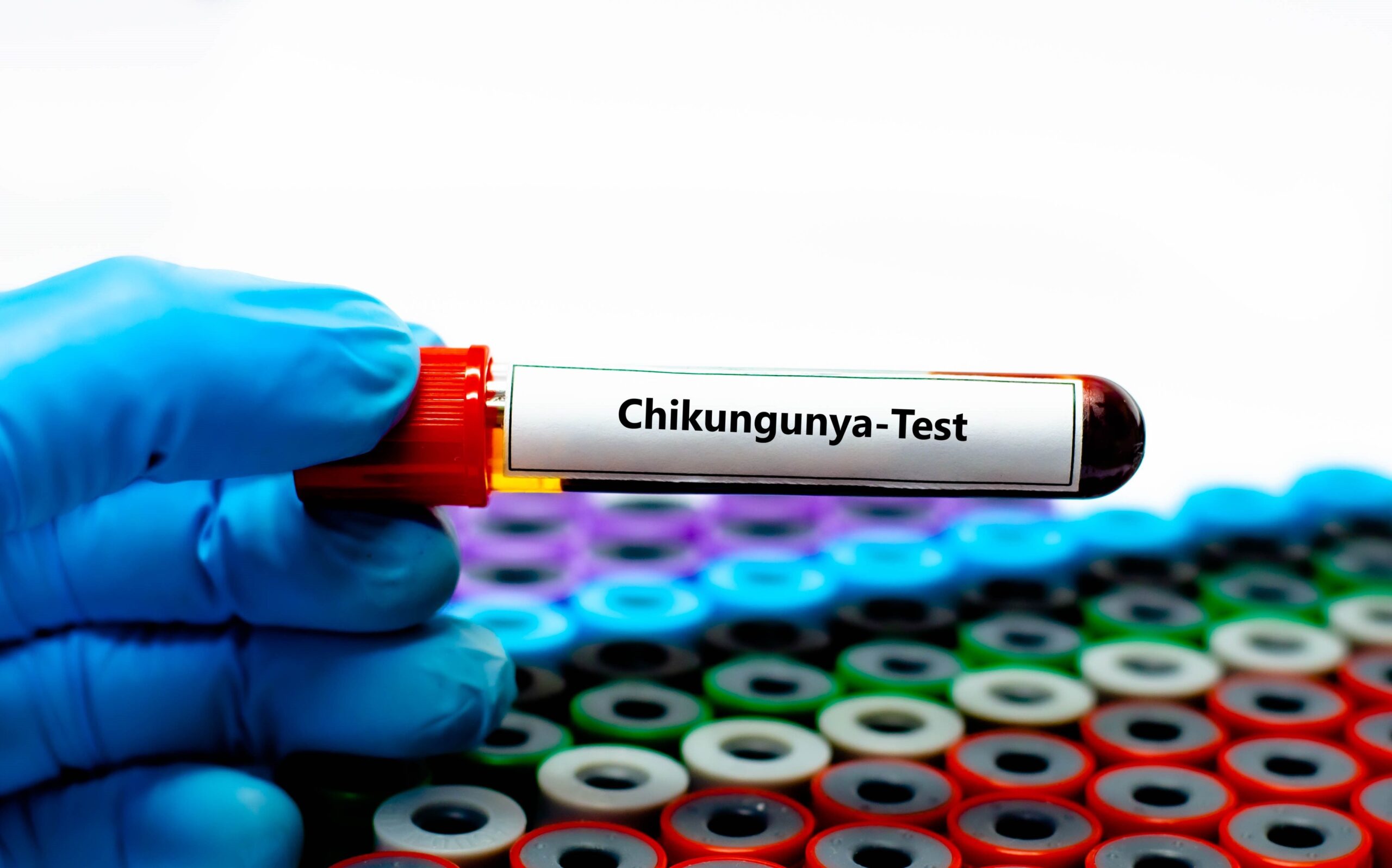On August 22, 2025, the U.S. Food and Drug Administration (FDA) announced the suspension of the biologics license for the chikungunya vaccine Ixchiq, developed by Valneva Austria GmbH. This decision came in the wake of serious post-marketing safety reports that raised significant concerns about the vaccine’s benefit-risk profile. Initially approved in November 2023 under the accelerated pathway, Ixchiq was intended for adults aged 18 years and older who are at high risk of exposure to the chikungunya virus.
Following its approval, Ixchiq was linked to over 20 serious adverse events (SAEs), which included hospitalizations and at least three fatalities. Notably, one case involved encephalitis, where the vaccine strain of the chikungunya virus was detected in cerebrospinal fluid. This raised alarms regarding the possibility of direct vaccine-related viral replication.
The FDA and the Centers for Disease Control and Prevention (CDC) initially issued a temporary halt to the vaccine’s administration on May 9, 2025, specifically for adults aged 60 and older, while further investigations were conducted. Although this pause was lifted on August 6, 2025, after the inclusion of enhanced safety warnings, concerns about the vaccine’s safety persisted, particularly among older adults with chronic medical conditions.
Ultimately, the Center for Biologics Evaluation and Research determined that confirmatory trials had not yet validated the clinical benefits of Ixchiq, concluding that the known and potential risks outweighed any expected benefits under most circumstances.
Serious Adverse Events and Ongoing Concerns
Ixchiq held the distinction of being the first FDA-approved chikungunya vaccine, marking a significant milestone in efforts to combat a disease endemic to over 110 countries. While pivotal clinical trials demonstrated the vaccine’s efficacy, they also revealed that a small percentage of recipients—approximately 1.6%—experienced chikungunya-like symptoms that interfered with daily activities, with two requiring hospitalization.
Reports compiled in May 2025 illustrated the gravity of the situation, detailing 17 serious adverse events among vaccine recipients aged 62 to 89 years internationally, including two fatalities. One notable case involved an 84-year-old male who developed encephalitis, while another involved a 77-year-old male suffering from Parkinson’s disease, whose health decline post-vaccination led to aspiration pneumonia and subsequent death. Six of these serious cases were reported in the United States.
Both the FDA and CDC emphasized the importance of healthcare professionals, including pharmacists, carefully weighing the risks and benefits of Ixchiq for older individuals. They urged clinicians to report any suspected adverse events to the Vaccine Adverse Event Reporting System, reinforcing the need for thorough patient education regarding the risks associated with the vaccine, especially for those with pre-existing conditions.
Alternative Vaccine Options Emerge
While Ixchiq faces heightened scrutiny, another chikungunya vaccine, VimKunya, developed by Bavarian Nordic, received FDA approval in February 2025 for individuals aged 12 and older. Clinical data from Phase 3 trials indicated that 98% of participants developed neutralizing antibodies by day 22, with sustained responses observed in 86% at six months. Notably, among participants aged 65 and older, 87% still exhibited robust antibody responses.
Unlike Ixchiq, which utilizes a live attenuated virus, VimKunya employs a virus-like particle (VLP) platform, potentially offering a safer profile for vulnerable populations.
The ongoing developments surrounding chikungunya vaccines highlight the critical importance of balancing vaccine efficacy with safety, particularly among high-risk groups. As investigations continue, health authorities remain vigilant, prioritizing patient safety while seeking effective solutions to combat the chikungunya virus.
